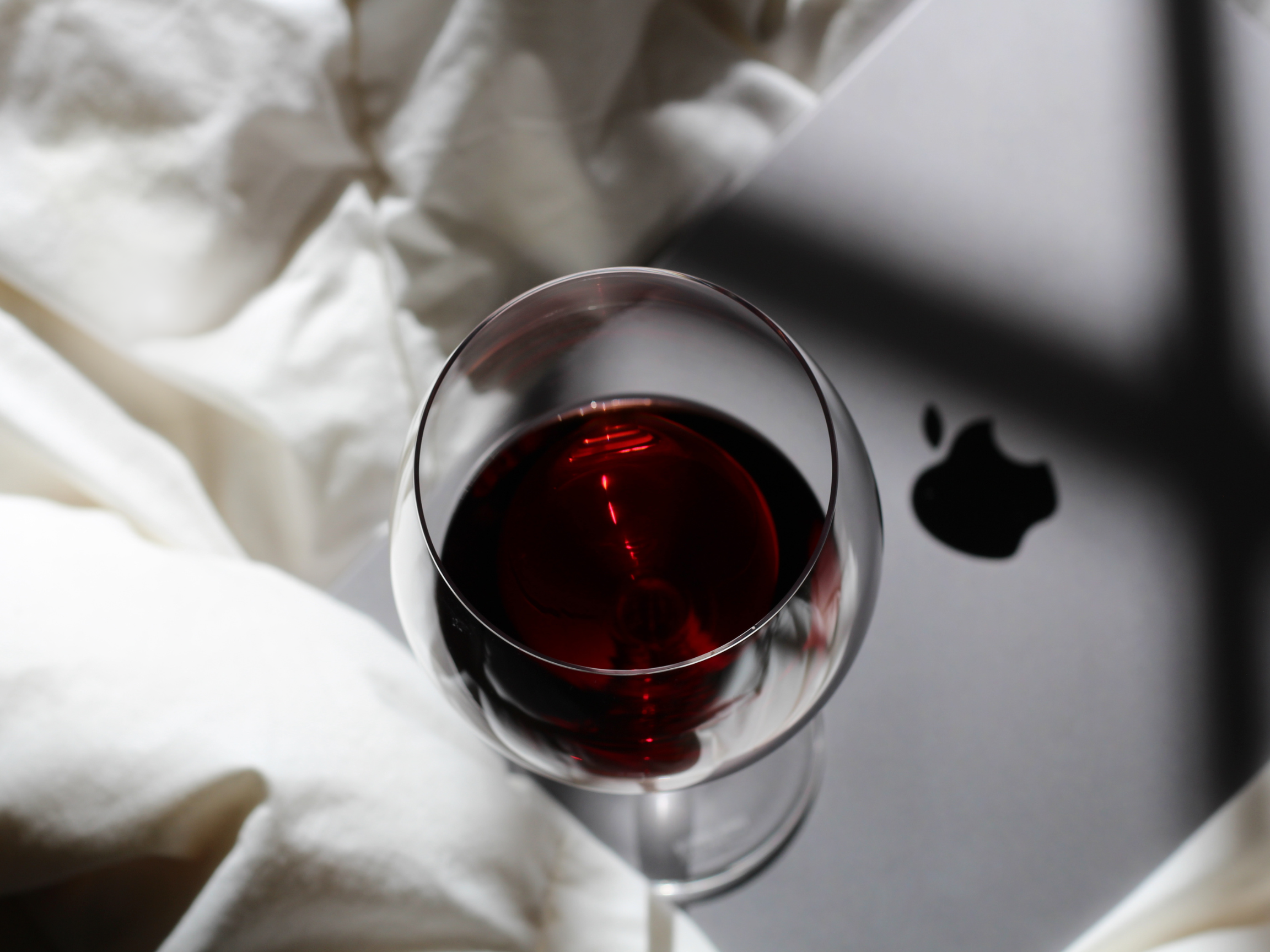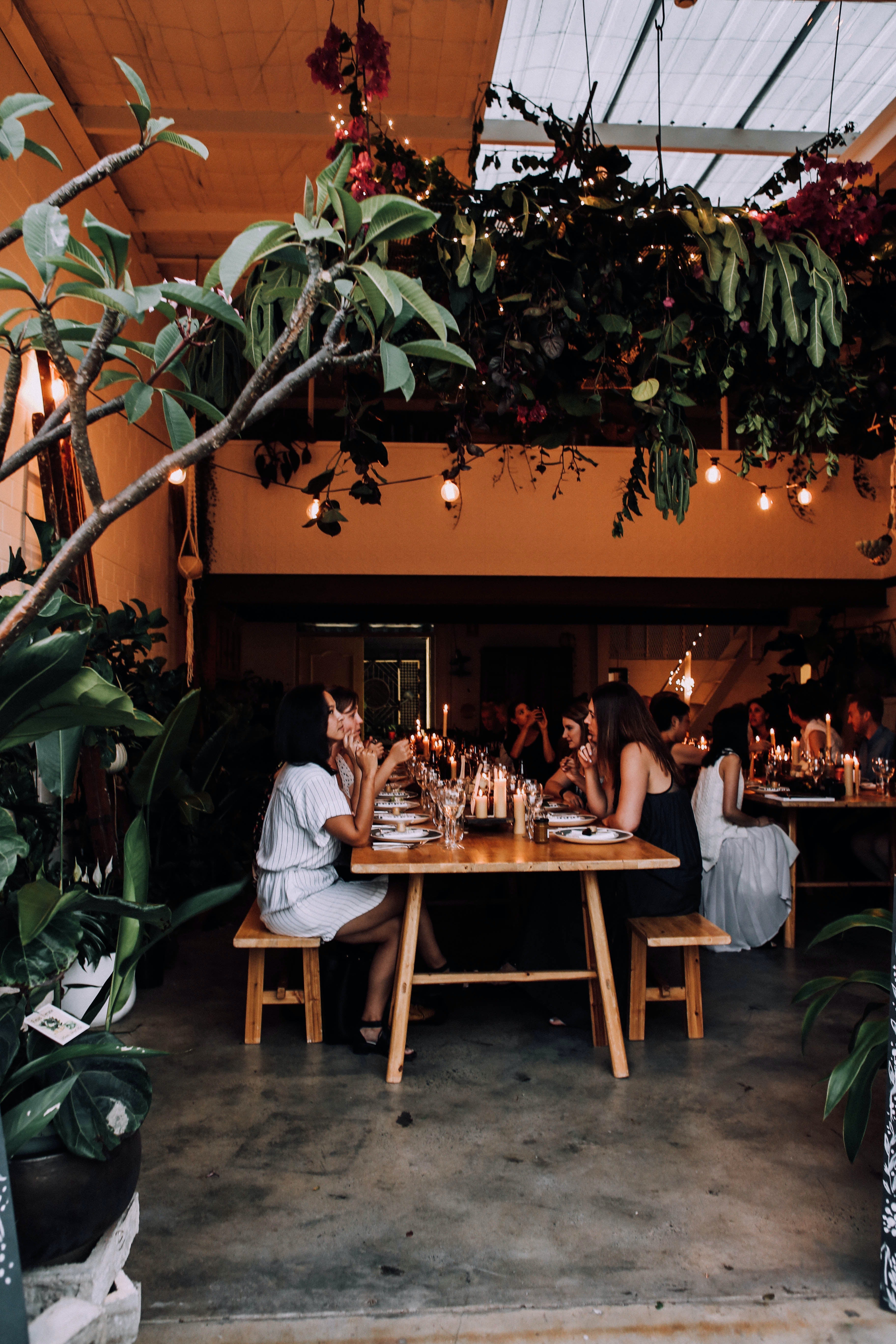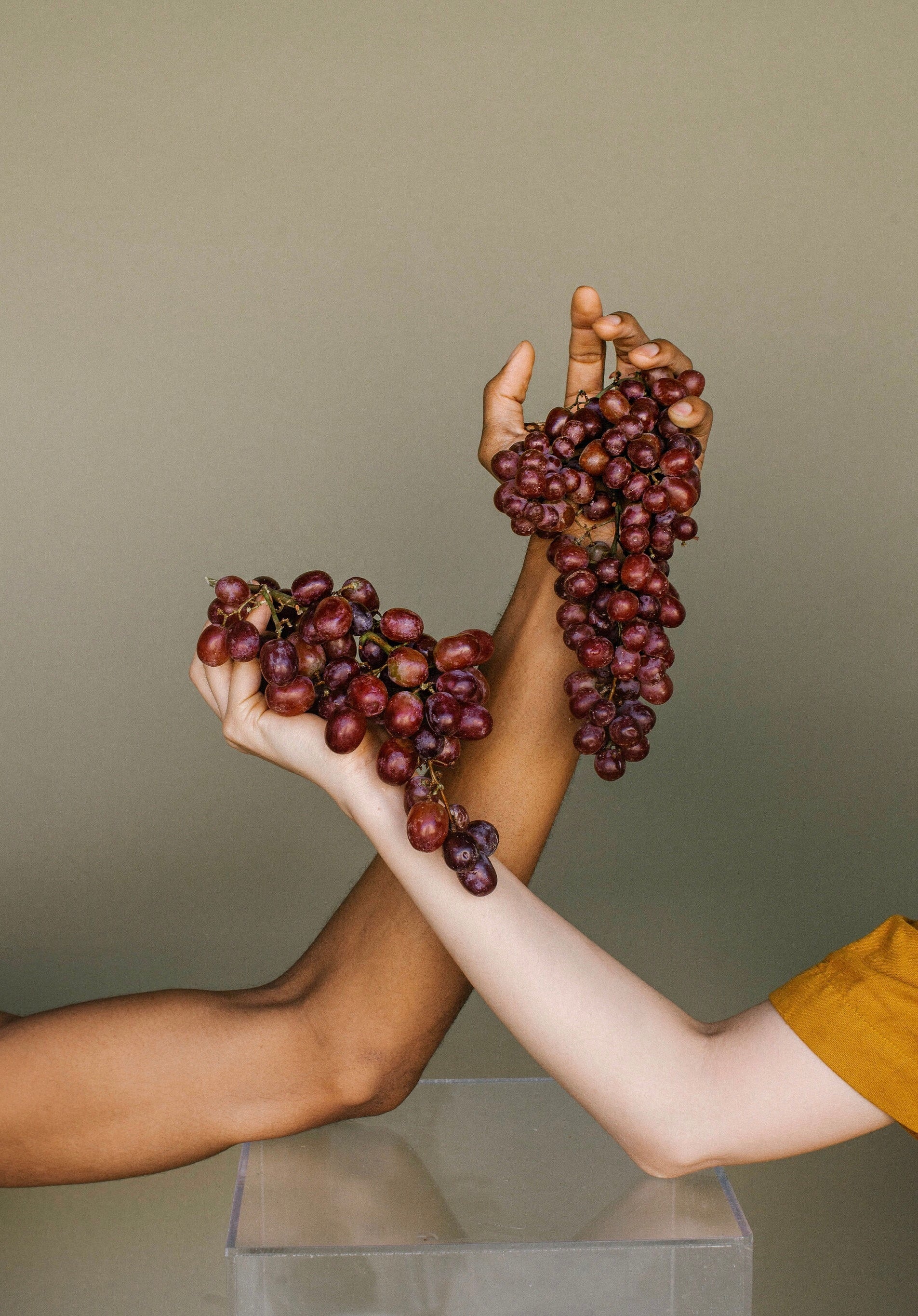Our Story
- Our Founder
- Our Brand
- Our Organic Wines
- Our Herbal Wines
- Our Ingredients + Nutritional Facts
Our Founder
I came up with the idea for 5to9 while sitting in a tree on a permaculture farm in Costa Rica on the heels of writing a year long column about wellness and what makes for great health and happiness.
I was inspired to begin studying Herbalism - the ancient tradition and knowledge of how plants, herbs and botanicals heal. I was simultaneously drinking less alcohol, and although my social life remained robust, my adult beverage options while out and about or even on Friday nights on my couch were limited to non-existent; There were no sophisticated in taste, organic or functional wine alternatives and so I set out to build 5to9.
We launched with Herbal Wine - It is my pleasure to create for you now 2 collections including a line of Herbal Wines made in Napa and a selection of certified organic, glyphosate free wines, with no added sulfites. Cheers and be well!
-Nana Meriwether, Founder of 5to9

Our Brand
5to9 is a wellness company focusing on alcohol alternatives. We make wine especially for the weeknight, when health and productivity are especially top of mind. Our first releases are Herbal Wines including Elderberry Wine and Rose Petal Wine made in Napa: wine made from organic herbs and botanicals and inspired by the age-old traditions.
Natural Wine lovers rejoice! Our newest collection includes certified organic, glyphosate free wine, with no added sulfites. Now shipping to you, organic: Merlot, Cabernet Sauvignon and Sauvignon Blanc.
We are woman founded.
(formerly, Navina)

Our Organic Wines
Natural Wine lovers will love this collection! Our winemaker's family has been making wine since the 1300s, when wine was clean, pure and made from simple easy ingredients. Fit especially for the weeknight, we are excited to share with you organic Cabernet Sauvignon, Merlot and Sauvignon Blanc, made with fruit organically grown on protected soil, with no added sulfites,
Cheers to celebrating centuries-old traditions and the way it once was.

Our Herbal Wines
We uniquely combine Herbalism with Winemaking by creating wine from plants, herbs and botanicals known to Herbalists to be healthful, functional and adaptogenic; Herbs including Elderberry, Hibiscus, Rose Petals, Rose Hips, Marigold Flowers and hopefully soon to come Lemon Balm, Stinging Nettle, Ginseng, Reishi, and so on to make our Herbal and Flower Wine.
To ensure quality, our wines are lab tested throughout our process by ETS Laboratories and Cornell University.

The History of Herbal Wine
Herbal Wine is an age old traditional that even the Greeks, Romans and ancient Egyptians practiced. The making of herbal ferments were usually done by the woman at the head of the household. We make our Herbal Wines in Napa and blend and balance them with wine grape varietals like Merlot.
Our Herbal Wine Ingredients
Our Herbal Wines:
•Organic herbs (antioxidant rich, adaptogens, medicinal mushrooms etc)
•Premium wine made by our over 20 years in the business winemaker in Napa
•Carefully sourced vegan, gluten free wine
•Minimal sulfites (Sulfites have been used in winemaking since ancient Rome, they are a naturally occurring and powerful antioxidant. A fuller explanation of why we use sulfites is below).
•Non-GMO yeast
•No artificial flavors

Herbal Wine Numbers You Should Know
•Low in Alcohol (8-9%abv)
Wine For The Weeknight: If you feel like drinking less, you’re pretty much only limited to: hard kombucha, beer or hard seltzer. We are introducing wine a new archetype in the selection of adult drink options. Our Herbal and Flower Wines have about haf the wine of commercial wines that are sometimes even upwards of 16%abv.
•Low in Sugar (only 1-2g)
Our Herbal Wines are fermented to dry and not sweet - that means any glucose or fructose is fermented away by the end of our process for you to enjoy our extremely low, even considered sugar free wines. We add no additional sugar.
•Low in Calories (84-90 calories)
Per 5oz serving
•Low in Sulfites (we add about 35ppm)
Sulfites are a naturally occurring powerful antioxidant. See our note on sulfites below, an amount minimal, in line with natural wine amounts and well below the federal government limit of 350ppm.
A Note on Sulfites
The use of sulfites in wine has been around since as far back as ancient Rome. Sulfites are a naturally occurring, powerful antioxidant inherently found in many foods including grapes themselves - in fact it is said, that “more sulfites can be found in a salad bar than in a bottle of wine”. Almost every bottle of wine in the world can “contain sulfites” as they are a naturally occurring and a byproduct of fermentation.
Winemakers use sulfites in order to prevent the potential growth of bacteria that will spoil the wine into vinegar.
Most people can safely consume sulfites with minimal risk of adverse side effects. In fact, the Food and Drug Administration (FDA) estimates that only 1% of the population is sensitive to sulfites.
Sulfites are often blamed for the side effects that can come about from consuming wine - but given that 1% of the population are sensitive, side effects of imbibing are more likely to do with overindulgence or a reaction to histamines, tannins, sugar in wine, high alcohol percentage, or that one is dehydrated. It is best to check with your doctor.
Nevertheless, to our Herbal Wines, we add an amount minimal, in line with some natural wine amounts and well below the federal government limit of 350ppm.
We do not add sulfites to our Organic Wine collection - they are certified organic and glyphosate free.
